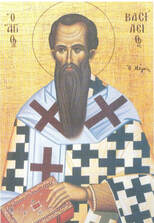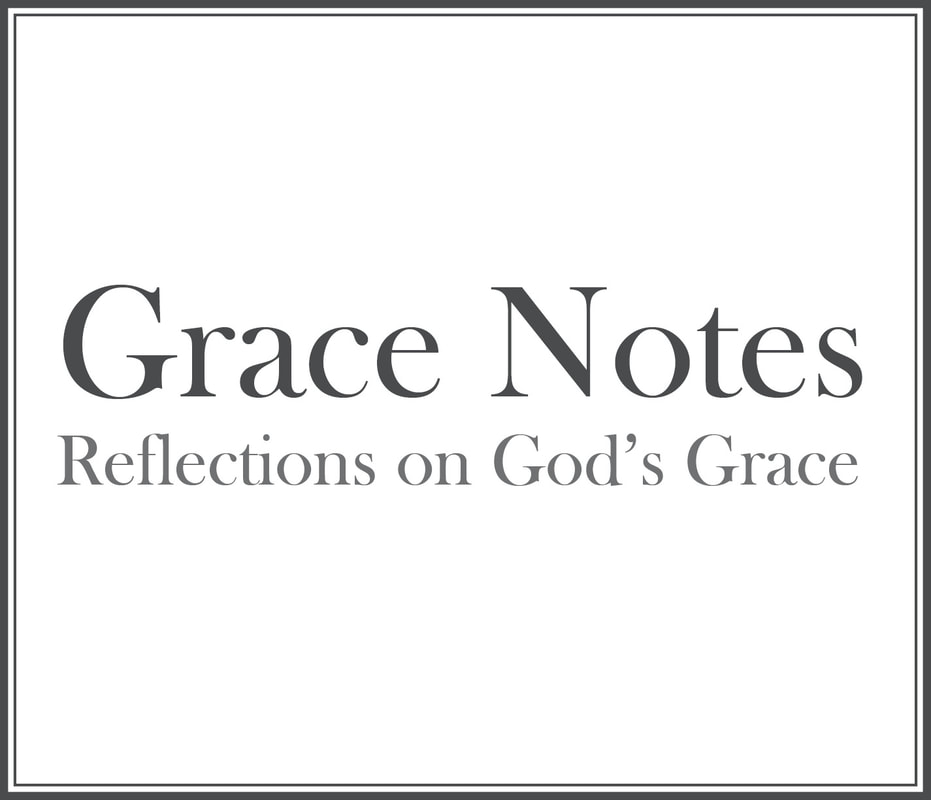 “The human being is an animal who has received the vocation to become God.” – Basil the Great, 329-379 AD What if God’s whole plan is to make us into divine partners in the work and wonder of creation? One of the greatest teachers of the Church taught exactly that. The vocation, the calling, of every Christian was to allow the Holy Spirit to so consume us that we become divine with God. How’s that working for all of us? Today (June 14), is the day we commemorate Saint Basil the Great, a bishop and teacher of the Church who lived in the Fourth Century in what is modern-day Turkey. Basil, whether you know it or not, is someone who still influences the Church – both in the East and West – to this day. His lucid teaching on the Holy Trinity, among other subjects, led to the Nicene Creed as a central confession of what we believe.
Basil, however, was not a dry, boring intellectual. He articulates a faith that is alive, vital, and often far ahead of the curve when it came to recognizing the radical nature of the gospel. Basil didn’t just know about God but knew God deeply and personally in a way that invited God into the interior of his being – as we all should. “Though you speak to yourself in secret, your words are examined in heaven.” Many centuries before gender equality and equal rights were considered relevant in the Church, Basil taught: “The natures [of men and women] are alike of equal honor, the virtues are equal, the struggles equal, the judgments alike. Let her not say, ‘I am weak.’ The weakness is in the flesh, in the soul is the power. Since indeed that which is according to God’s image is of equal honor, the showing forth of good works.” The teaching of Basil that has most convicted and encouraged me comes from his work on social justice. It begins with the understanding of how we love our neighbor: “What is the mark of love for your neighbor? Not to seek what is for your own benefit, but what is for the benefit of the one loved, both in body and in soul.” This love for neighbor calls for more than feelings, more than just pity. Basil saw love as the concrete actions of life that balanced the scales between rich and poor: “For if we all took only what was necessary to satisfy our own needs, giving the rest to those who lack, no one would be rich, no one would be poor, and no one would be in need.” For a world that produces more food than we can eat, and ends up throwing it away instead of getting it to the poor; for a world where the few have so much and the many so little, Basil spoke: “When someone steals another's clothes, we call them a thief. Should we not give the same name to one who could clothe the naked and does not? The bread in your cupboard belongs to the hungry; the coat unused in your closet belongs to the one who needs it; the shoes rotting in your closet belong to the one who has no shoes; the money which you hoard up belongs to the poor.” The call to become God’s divine partners in creation is a call to love, and the call to love is a call to justice. May we hear and answer. Pax Christi, Tim Olson – Lead Pastor Image Attribution-No Derivative Works 3.0 United States
0 Comments
Leave a Reply. |
Categories
All
Archives
July 2024
|


 RSS Feed
RSS Feed

